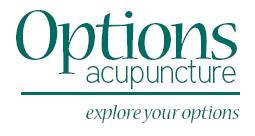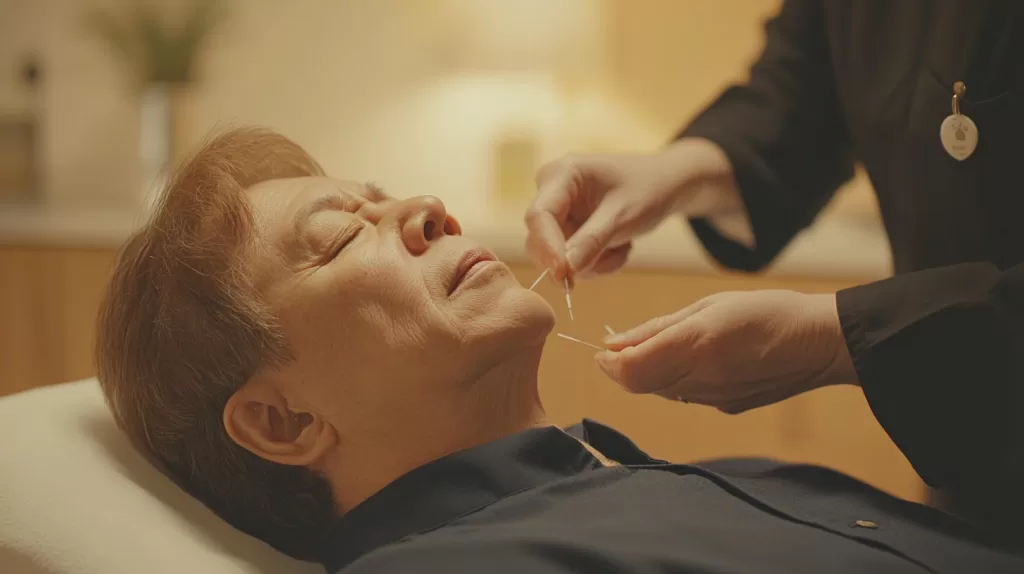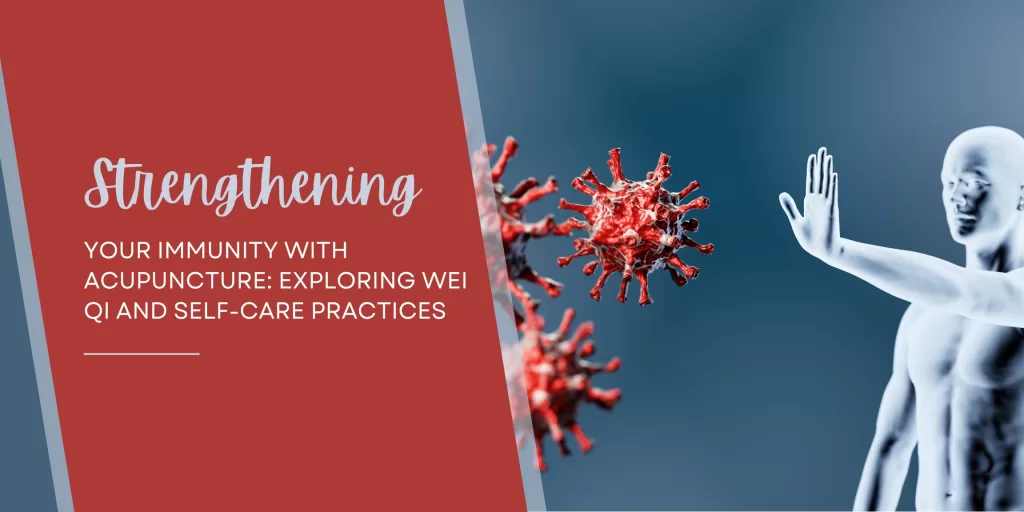The common cold is something everybody deals with and there are a thousand different suggestions on how to avoid catching a cold. Everything from megadoses of vitamin C to increasing your sleep time. And while some of these are not bad ideas, there is not a lot of proof they can prevent a cold. Some people have stronger immune systems than others and this plays into how often they get sick. Also, there are many environmental factors to ac
count for. And while nothing is going to work every time for every person, there are still ways a person can prepare for cold season.
Traditional Chinese Medicine has been around for nearly 3,000 years and it utilizes many different tools to help people stay healthy. According to TCM theories, there are six causes of disease: wind, cold, summer heat, dryness, dampness and fire. The human body has to adapt to changes in these elements in order to remain healthy. The main cause of the common cold is wind and it is often associated with sudden or abnormal changes in the weather. Wind frequently combines with other forces to cause different types of illnesses. The most common are wind cold and wind heat.

Wind cold invasions cause the types of colds that are usually experienced during the snowy winter months. Wind heat invasions cause the types of colds that are commonly seen during the warmer months, when the seasons change from spring into summer and summer into fall.
Traditional Chinese Medicine has been very successful in treating people who suffer from frequent colds. Every person has an immune system that usually fights off invasions of bacteria and viruses. But sometimes, when a person is under a lot of stress or doesn’t sleep well or doesn’t eat right, then that immune system can become compromised and a cold may develop. TCM emphasizes prevention through the use of acupuncture, herbal formulas and diet.
Regular acupuncture treatments can increase a person’s immunity, making it easier to fight off any foreign invaders. Herbs such as Angelica root is also frequently prescribed to rid the body of viruses. Andrographis or Chuan Xin Lian in Chinese is another herb that is frequently used because it reduces the severity of cold symptoms while strengthening the immune system. Forsythia fruit or Lian Qiao, is another herb that is used frequently to treat the common cold.
There are other things that can be done to prevent the common cold and they are not specific to TCM, but they are recommended. For instance, covering the back of the neck is very beneficial. The nape of the neck is thought to be the entry point for many viruses. Therefore, keeping this area covered up especially when it is windy, may help keep a person from getting sick. Also, it is recommended to eat according to the season. So as the weather gets colder, one should eat more warm and cooked foods.
One last thing that may be very beneficial in the prevention of colds is exercise. To keep energy flowing throughout the body, it is necessary to move. This is where incorporating a daily practice of tai chi or qi gong might be helpful. Both tai chi and qi gong are very easy to learn and the practices are low impact. Tai chi is even being used around the globe in senior homes to help the residents regain balance and keep them healthy, both mentally and physically.
Consider adding Traditional Chinese Medicine to the toolbox when a cold comes on. A licensed acupuncturist and herbalist may be very beneficial to your health and well-being.





